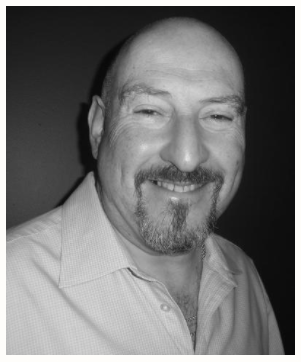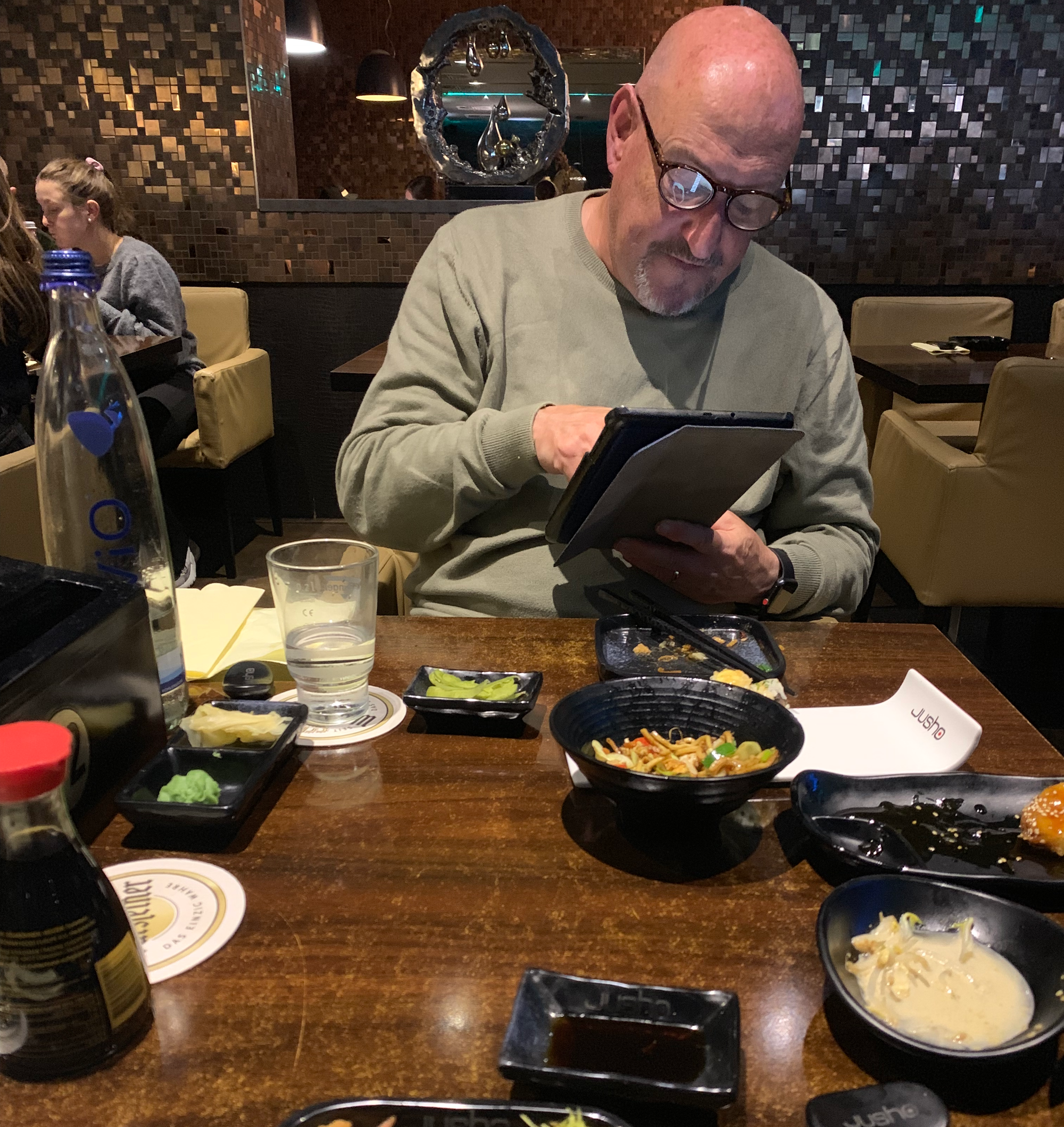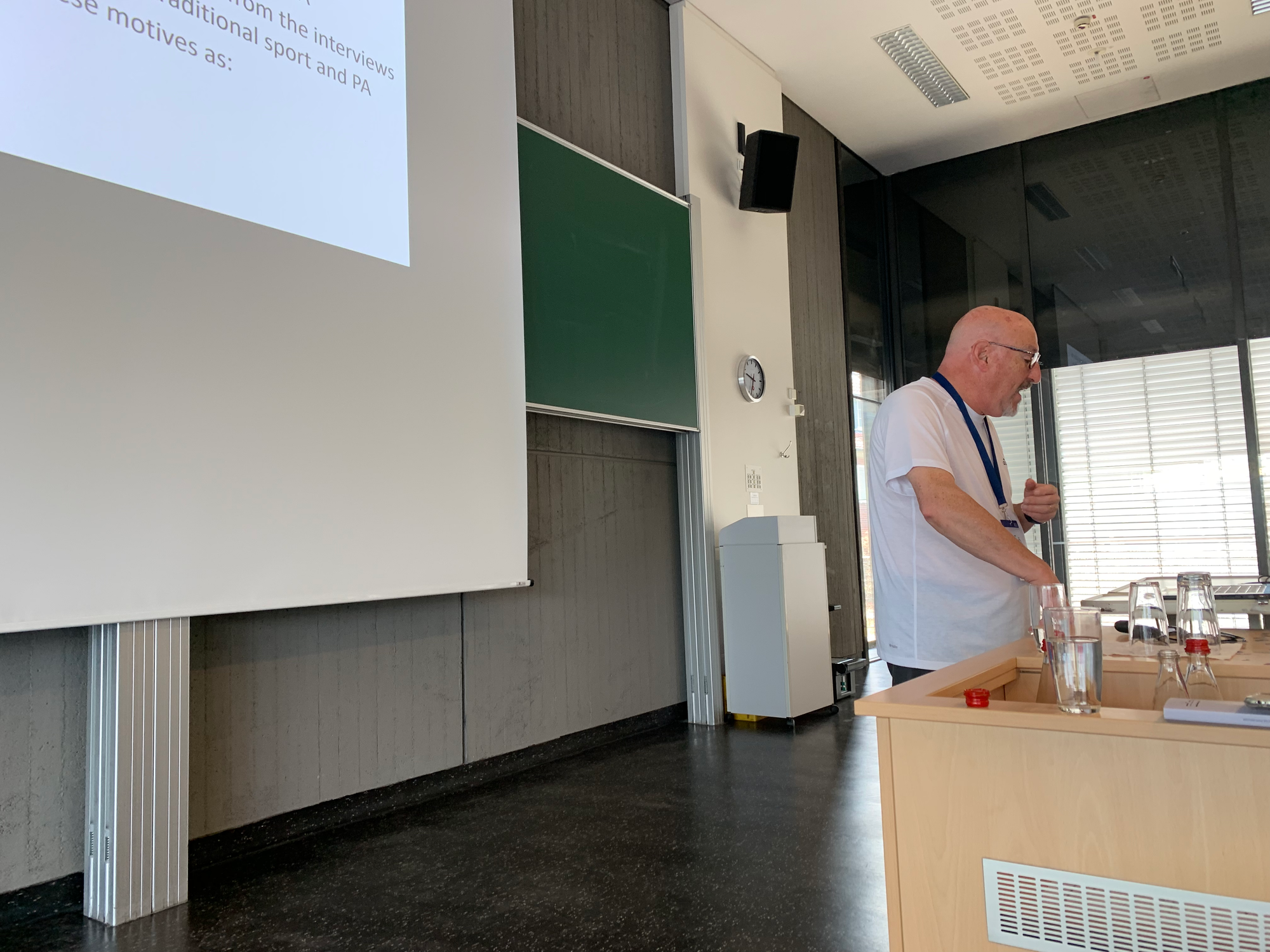A Tribute to Professor Tony Morris: A Gentle Giant of Sport, Exercise, and Health Psychology

Today, the world feels a little quieter.
On 25th May 2025, we lost Professor Tony Morris.
Professor Tony Morris was the Emeritus Professor of Sport, Exercise, and Health Psychology at Victoria University, Melbourne.
But for me, this loss runs deeper than professional admiration – I've lost a mentor, colleague, and dear friend who shaped not just my academic journey, but my understanding of what it means to be truly human in academia.
The Supervisor Who Changed Everything
When I first met Tony as my doctoral supervisor, I expected the typical academic hierarchy – stern criticism, intellectual intimidation, perhaps a dash of academic ego. Instead, I encountered something entirely different: a man whose sheer brilliance and originality of thought was matched only by his simplicity and elegance. Tony was never harsh or dominating, yet he was far from passive or timid. He possessed that rare quality of being both intellectually formidable and genuinely humble.
What struck me most was his sharp sense of humour, a treasure you'd only discover if you were fortunate enough to spend quality time with him. Over countless lunches (which he absolutely loved) and reluctant walks (which he rather loathed), I came to know a man who could make you laugh whilst simultaneously challenging your assumptions about research, life, and everything in between.
His Character
One memory from a conference in Taiwan in 2011 perfectly encapsulates who Tony truly was. The night before our symposium, whilst most delegates were off enjoying the conference party, Tony quietly asked if I'd like to join him in his room to edit a presentation and update some statistics. Here was a man of considerable academic stature who could have easily apologised the following day for any minor errors and moved on. Instead, he placed such emphasis on accuracy and professionalism that he wanted to ensure every detail was absolutely correct.
Needless to say, I joined him. We spent most of the night chatting away whilst meticulously fixing the presentation. That evening taught me more about academic integrity and attention to detail than any lecture ever could. It wasn't about perfection for perfection's sake – it was about respect for the audience, for the discipline, and for the craft of scholarship itself.
Over the years, I had the extraordinary privilege of accompanying Tony to conferences across Asia and beyond – Taiwan, Beijing, Japan, Singapore, Germany, and more. In recent years, we'd even become roommates at these events, sharing accommodation and travelling together. His poise and professionalism were truly second to none, but it was the quiet moments between sessions that I treasured most.
Tony had a particular fondness for Asian cuisine, especially dumplings and soup. Our shared meals became informal seminars where we'd discuss everything from the latest research findings to the broader state of academia and the world. These weren't just conversations – they were masterclasses in critical thinking, delivered over steaming bowls and accompanied by his distinctive chuckles.
Perhaps my fondest memories come from visits to Tony's residence on Phillip Island. There's something magical about waking up to the crisp Melbourne breeze, sharing morning tea and breakfast with someone who possessed such depth of knowledge and warmth of spirit. We'd drive around the island, Tony pointing out local landmarks and sharing stories, before returning to discuss research ideas.
Tony could talk for hours, and every conversation was rich with wisdom. He had this remarkable ability to make every interaction feel genuine and meaningful. In our age of superficial networking and transactional relationships, spending time with Tony felt like coming home to authentic human connection.

A True Gentleman and Leader in Academia
In a field often characterised by ego inflation and relentless self-promotion by the majority of senior academics, Tony stood as a beacon of genuine collegiality. Whilst others basked in the limelight and pursued their own interests, Tony consistently championed others. He rarely sought the spotlight for himself – in fact, he'd actively shy away from being the main character in any story.
This humility was all the more remarkable given his extraordinary achievements. The following is his bio that I compiled several months ago (and I would like to present it here unedited as this was the version approved by him for a book that we were working on):
"Dr Tony Morris is Emeritus Professor of Sport, Exercise and Health Psychology in the College of Sport and Exercise Science, Victoria University, Melbourne. He trained in the UK, gaining a BSc (Hons) from the University of Aston and a PhD from the University of Leeds. During his career, Dr Morris has been a leader in his field in the UK, Australia, Asia and the World. From the early 1980s, he developed frameworks and curricula for teaching sport psychology at Undergraduate and Masters levels. The professional Masters degree he established in Sport and Exercise Psychology at Victoria University was recognized as a world-leading program for nearly 25 years. Dr Morris was Director of the University Centre for Rehabilitation, Exercise and Sport Science (CRESS, 1992-1995; 2009-2010) and the University Institute for Diabetes and Diversity (2005-2008). He was Faculty Research Coordinator (1995-2000) then the first Associate Dean (Research) at Victoria University (2001-2003).
Dr Morris is widely published in his field with 13 authored and edited texts, more than 65 book chapters, and more than 225 journal and published international conference papers. He has presented over 350 papers at major international conferences. Dr Morris has also contributed to the international development of his field as Honorary Secretary of the British Association of Sports Sciences (1987-89), inaugural Chair of the College of Sport Psychology in the Australian Psychological Society (1991-1995), Treasurer (2000-2005) of the International Society of Sport Psychology (ISSP), and Secretary General (1995-1998), President (1998-2011) and Past President (2011-2014) of the Asian South-Pacific Association of Sport Psychology (ASPASP). Dr Morris was Chair of the 2005 ISSP World Congress of Sport Psychology in Sydney, Australia. Dr Morris has been Visiting Professor at the University of Malaya, Malaysia (2012-2019), Zhejiang University, China (2013-2018), and Beijing Sport University, China (2018-2019)."
Yet for all these titles and achievements, Tony remained refreshingly unpretentious. He understood that true leadership isn't about accumulating accolades – it's about lifting others up and advancing the field through collaborative effort and shared wisdom.
As you can tell, Tony's academic output was prodigious, and his contribution to the field has been immense. But numbers only tell part of the story. Tony's real legacy lies in the lives he touched, the students he mentored, and the field he helped shape with quiet determination and unwavering standards.
What made Tony truly special wasn't just his academic brilliance – it was his fundamental humanity. In a profession that can sometimes seem cold and calculating, Tony remained warm, genuine, and deeply caring. He taught me that excellence in academia isn't just about research output or citation counts; it's about approaching your work with integrity, treating colleagues with respect, and never losing sight of the human element in everything we do.

A Legacy That Lives On
Today, as I reflect on Tony's passing, I'm overwhelmed by gratitude for having known such an extraordinary human being. He showed me what it means to be both intellectually rigorous and personally kind, professionally successful and genuinely humble.
The field of sport, exercise, and health psychology has lost one of its most distinguished contributors, but Tony's influence will continue through the countless students he supervised, the colleagues he mentored, and the standards he set for what academic life can be at its very best.
To Professor Tony Morris – mentor, colleague, and friend – thank you for showing us that true greatness lies not in self-promotion, but in the quiet dedication to excellence and the generous sharing of wisdom. You will be deeply missed, but never forgotten.
Rest in peace, Tony. The world was brighter with you in it.